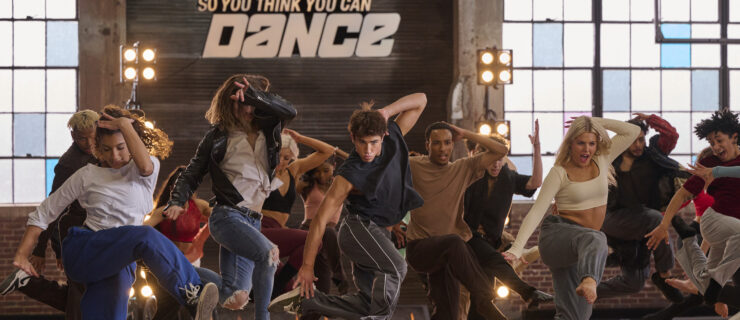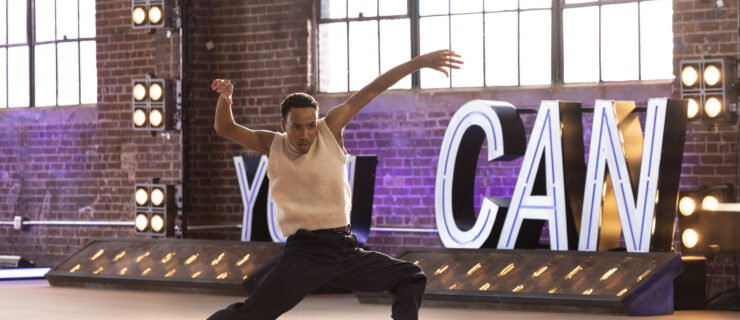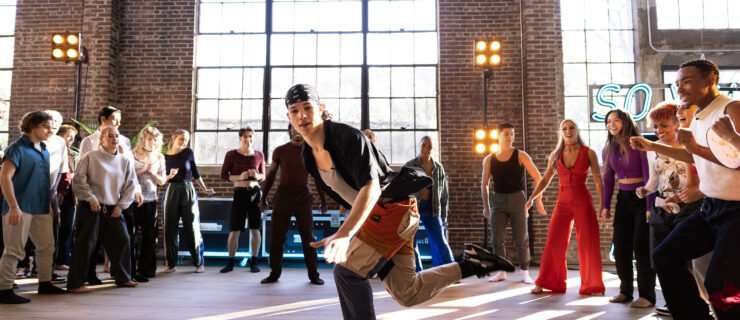Not the Teacher's Pet
It’s an all-too-common scenario: You’re dying to impress a particular teacher. You want to hear her opinions on your dancing, and apply her corrections to your technique. But no matter how hard you work in class, she barely seems to notice you—because she’s too busy lavishing attention on a single favorite pupil.
Favoritism is common, and it can have real consequences. There are many reasons why a teacher might focus on one student over others. But that behavior can make the dancers left out feel hurt and discouraged. How can you become the best dancer you can be, even if you’re not feeling the love from a particular teacher?
The Who and the Why
According to dance psychologist Dr. Nadine Kaslow, favoritism is, unfortunately, just a fact of life. “It occurs in the studio because it occurs everywhere else,” she says. “We’re drawn more to some people than to others; we think some people are better or have more potential than others.” And because dance is so subjective, favoritism in the studio can feel especially unfair.
That said, sometimes teachers choose to focus on certain students in order to help everyone learn as much as possible. “There might be students in a class who don’t respond well to corrections,” says Todd Rosenlieb, Dance Department chair at The Governor’s School for the Arts in Norfolk, VA. “As an instructor, you have to decide whether you’re going to spend time on someone who’s not changing, or on someone who you know will. That can look like favoritism, when in fact it’s the teacher being efficient with his or her time in a classroom where everyone needs to learn.”
How to Handle It
If you’re feeling ignored by one or more teachers, begin by looking for solutions you can enact yourself. “The first step is to up your game in class,” suggests Renee Perry Mitchell, artistic director of rpm dance in Suffolk, VA. “If you’re working hard all the time, a good teacher will notice you. It might not be today or tomorrow or even next week, but it’ll happen.” And don’t let negative thoughts weigh you down. “The challenge is not to say ‘I’m not getting what I deserve, so I’m going to sulk,’ ” Perry Mitchell says. “The second you do that, you’ve lost the battle.”
Another good coping strategy involves looking to the star dancers for inspiration, rather than resenting them for the attention they’re getting. “To push myself in class and at auditions, I try to mimic the things that I admire in other dancers,” says Marina Gearhart, a sophomore dance major at Connecticut College who grew up dancing at The Dance Place in Newburyport, MA. “What’s she doing that I’m not doing?” Instead of seeing the “favorites” as enemies, use them as motivation to grow.
The Next Steps
Sometimes, however, a teacher’s favoritism is toxic, and it becomes necessary to confront it directly. “I think it’s appropriate to approach a teacher if you’re constantly feeling ignored,” Perry Mitchell says. Kaslow agrees. “Frequently, dancers feel like they’re not allowed to ask their teachers for more corrections,” she says—but you should ask, especially if you’re so discouraged that your dancing is suffering. Open communication is important to a healthy teacher-student relationship.
If your teacher isn’t responsive, and the situation isn’t improving, talk to other friends at your studio. Are many of them feeling ignored, too? “Sometimes favoritism is so bad that a bunch of kids can get together and go above the teacher’s head to a senior administrator,” Kaslow says. Studio politics can be tricky, though, so she recommends this strategy as a last resort.
Ultimately, if you’ve done all you can to address the problem but are still feeling isolated and discouraged, it might be time to consider other studios. “If you end up feeling bad about yourself, or if the favoritism is affecting your development as a dancer, that’s when you need to think about a different setting,” Kaslow advises. Rosenlieb agrees: “If you’re not loving dance anymore, you need to find someone who will bring that love back to you.”



